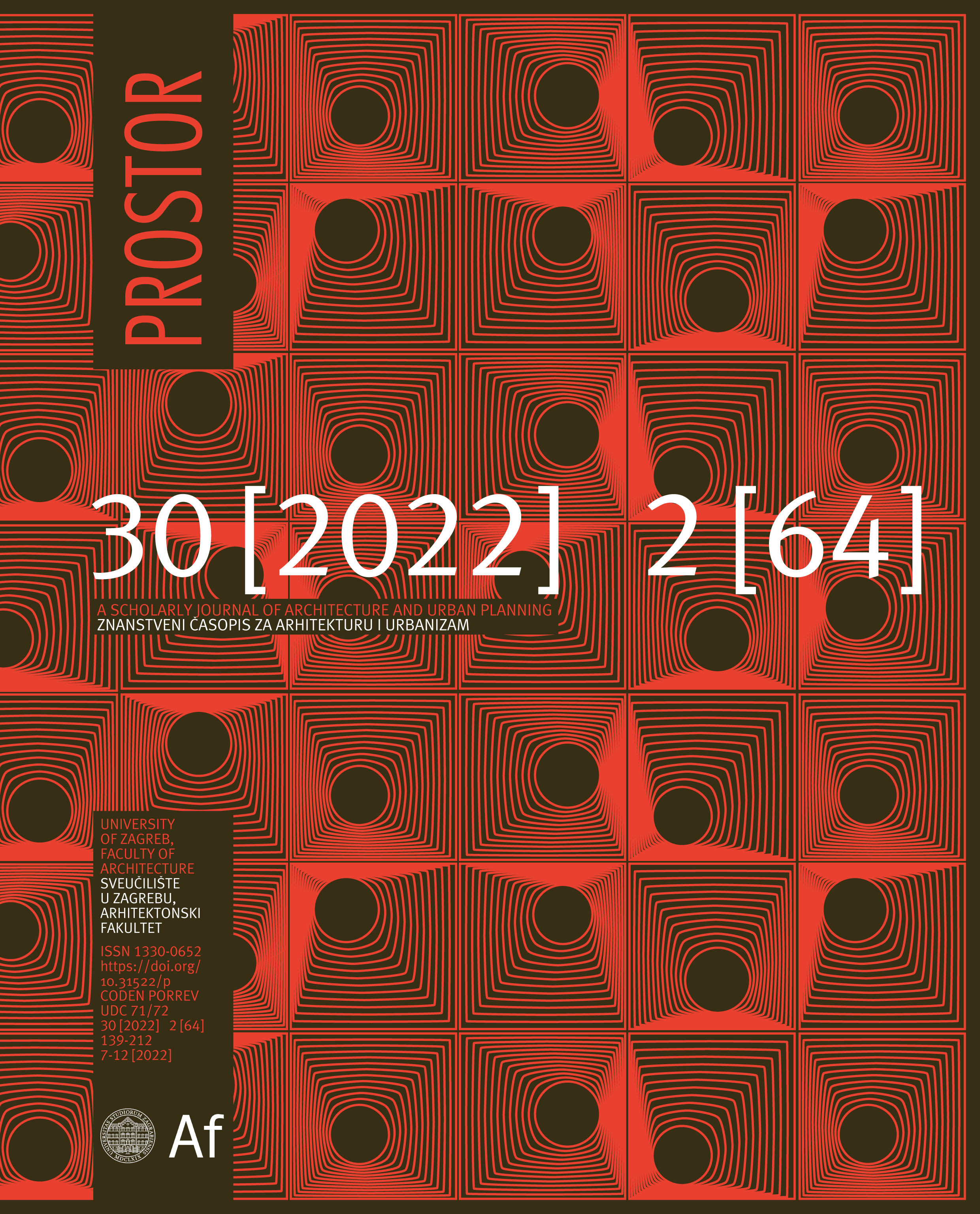The Impact of Glazing Types and Window-to-Wall Ratios on Energy Consumption in Semi-arid, Mediterranean and Arid Climates
DOI:
https://doi.org/10.31522/p.30.2(64).1Keywords:
glazing types, net zero energy, payback period, residential buildings, window-to-wall ratiosAbstract
A reduction in energy consumption and energy efficiency improvement in buildings have become one of the main objectives in national and international energy policies. In an optimization process, and in order to find the most influential parameters to achieve net zero energy, several ameliorations need to be made to residential buildings. In this paper, two measures are discussed; the effects of locally available glazing types and window-to-wall ratios, tested under three different Algerian climates; semi-arid, Mediterranean and arid-climate. For the purpose of calculating energy use intensity savings, optimal values and payback periods for each of the mentioned measures the building information modelling software Autodesk Revit® and the energy simulation plugin Sefaira have been used. According to the findings, double glazing with Argon has the greatest potential for lowering the energy use intensity, whereas the window-to-wall ratios has a significant effect on the energy consumption of buildings in the studied climates, and the optimal ratio for a given orientation varies according to the type of glazing used. Moreover, very high payback periods were found compared to other countries, and only a few studied variables could be achieved with profitability. This paper is helpful for professionals who are responsible for decision-making during the design process of energy-efficient residential buildings.
Downloads
Published
How to Cite
Issue
Section
License
Copyright (c) 2022 Abdelhakim Walid Makhloufi, Samira Louafi

This work is licensed under a Creative Commons Attribution 4.0 International License.
Copyright (c) 2021 authors and journal.
This work is licensed under a Creative Commons Attribution 4.0 International License.
Authors who publish with this journal agree to the following terms:
In agreeing this form, you certify that:
- You read the ethical codex of the PROSTOR available at journal web.
- You submitted work is your original work, and has not previously been published and does not include any form of plagiarism.
- You own copyright in the submitted work, and are therefore permitted to assign the licence to publish to PROSTOR.
- Your submitted work contains no violation of any existing copyright or other third party right or any material of an obscene, libellous or otherwise unlawful nature.
- You have obtained permission for and acknowledged the source of any illustrations, diagrams or other material included in the work of which you are not the copyright owner.
- You have taken due care to ensure the accuracy of the work, and that, to the best of your knowledge, there are no false statements made within it.
- All co-authors of this submitted work are aware of, and in agreement with, the terms of this licence and that the submitted manuscript has been approved by these authors.







